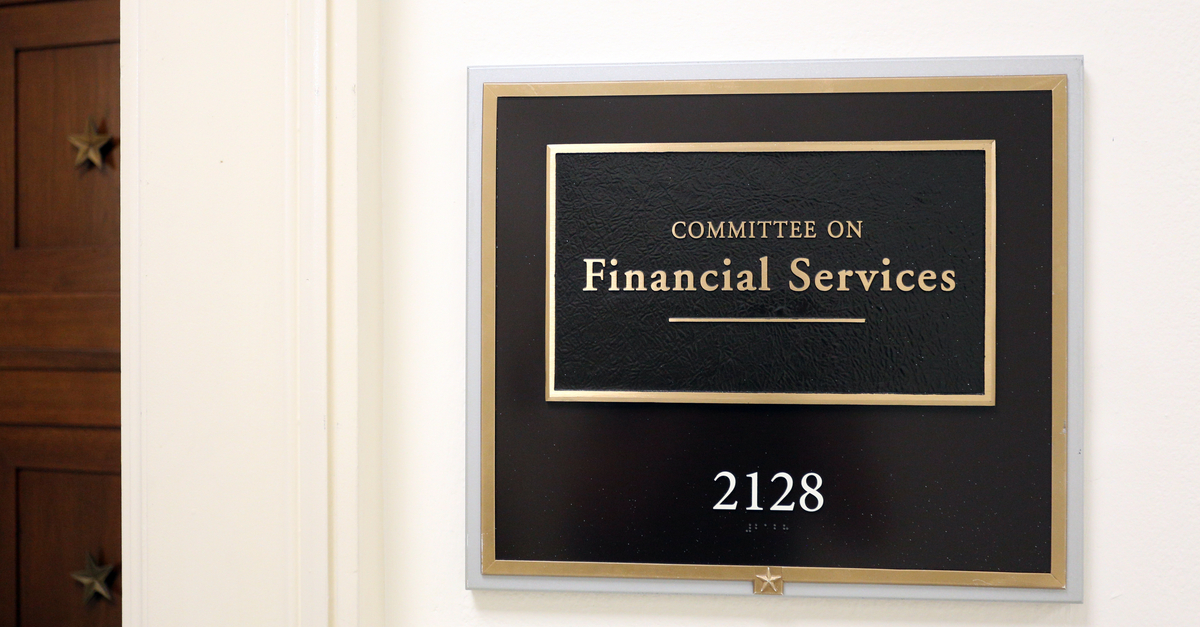Congress to Hold Key Hearing on Corporate Secrecy
This Wednesday, March 13th, the House Financial Services Committee’s subcommittee that covers national security issues will hold a hearing on corporate transparency and efforts to fight money laundering. They will once again discuss a proposal to collect the ownership information (a.k.a. beneficial ownership) of companies when they are formed in the United States. Currently, no state collects this information, and the anonymity has opened the door to a vast array of bad actors that endanger our communities and threaten our national security. More on that later.
The Committee is to be applauded for raising these important issues. Let’s only hope that, this time, they listen to what they hear.
In the last Congress, there were at least six hearings on this issue. I should know; I testified at three of them. Committees heard from anti-corruption groups, national security experts, and law enforcement officials. They listened to representatives from the financial services industry and received statements for the record, letters, and other information from other industry trade groups. They even heard from high ranking officials from the administration — the Justice and Treasury Departments, including from the Secretary of the Treasury himself.
Of the more than twenty witnesses — representing a diverse set of stakeholders — who spoke on the issue, all but one, in two years of hearings, supported legislative proposals to end the abuse of anonymous company structures.
Let’s recap what Congress heard from the experts.
- National security experts testified on actual cases in which rogue nations like Iran and North Korea evaded sanctions for many years. The sanctioned nations (or individuals) did not hide and invest the illicit funds in a country with another despot. They put their money in U.S. real estate and other investments. Yes, the safest place in the world for Iran to secretly invest its money — receive a solid return and hide it from U.S. sanctions enforcement officials — was in New York City.
- Law enforcement has been crystal clear that the secrecy undermines their ability to catch bad guys. Drug cartels use the anonymous companies to fuel the opioid epidemic. Human trafficking operations use anonymous companies to launder proceeds from illicit massage businesses. When beneficial ownership provisions were stripped from the text of an anti-money laundering bill last year, the Fraternal Order of Police called the resulting text “almost criminal” before it was pulled from the calendar for a Committee vote.
- If we ended anonymous ownership, banks — large and small — testified that they would be able to better protect their institutions from being used for money laundering. Well-known consumer products companies would benefit from better policing of the market for counterfeit and pirated goods. Small businesses would no longer have to worry about losing contracts to shell companies that falsely bid on projects. And all large businesses, across industry sectors, would have greater confidence in their supply chains.
- Corrupt officials, especially in developing countries, would no longer have a safe haven for stashing the public funds they pilfer from their national treasuries. The theft props up corrupt regimes that engage in human rights abuses. The resulting wealth drain impoverishes local residents and does not leave proper funding for the provision of sanitation, education, and other basic services.
The bill to be discussed in this upcoming hearing has been through more than a decade of review, fine tuning, and negotiation. It is a more limited version than what anti-corruption advocates would say is necessary. However, the bill would finally put into law, a broad requirement to collect ownership information with a definition that captures the real, natural person who owns and controls the entity. The bill makes the information available to all law enforcement and to those we charge with anti-money laundering responsibilities. It is a critical step if we are to address multiple broad abuses that undermine the integrity of our financial system.
Let’s thank the Committee for this hearing. We should also expect that they will finally take the next step and pass legislation to end the abuse of anonymous companies in the U.S.
—
Gary Kalman, is the Executive Director at The FACT Coalition

